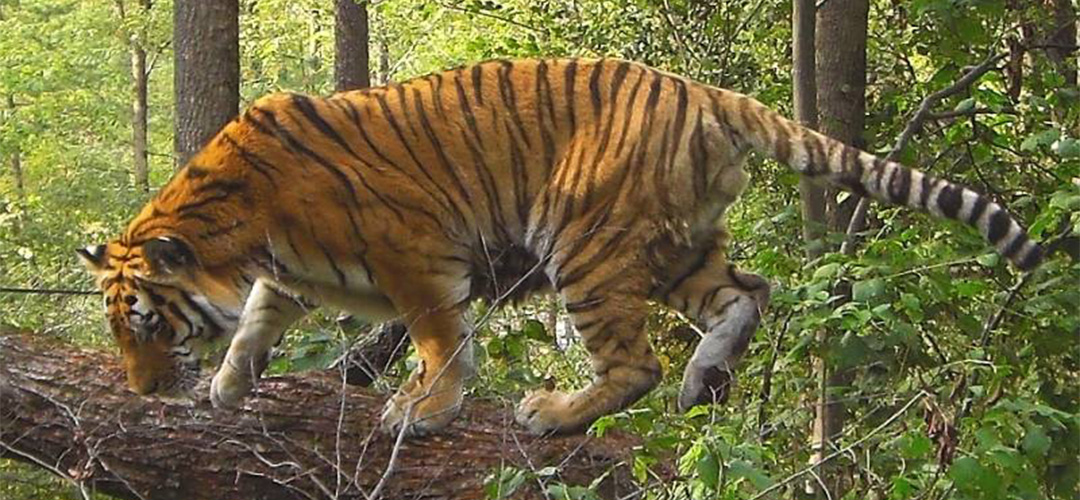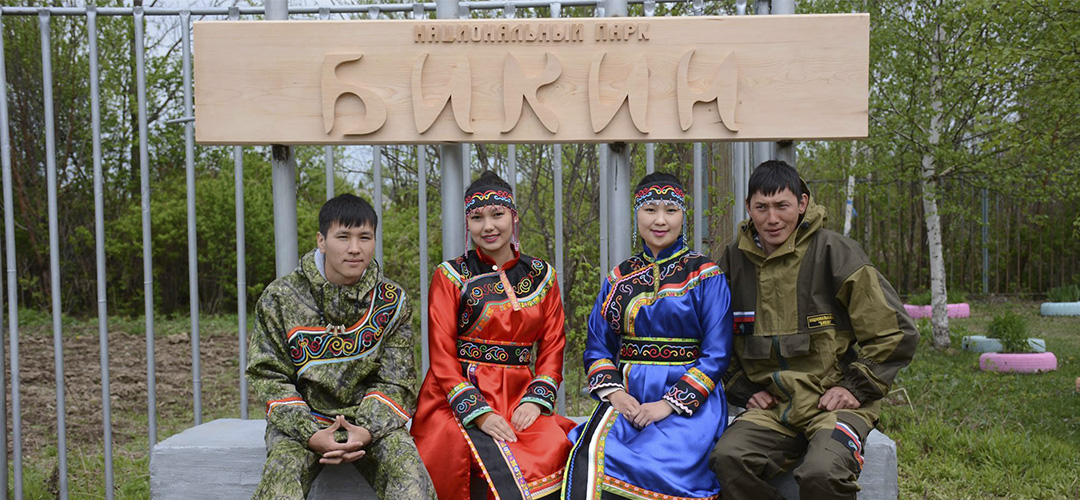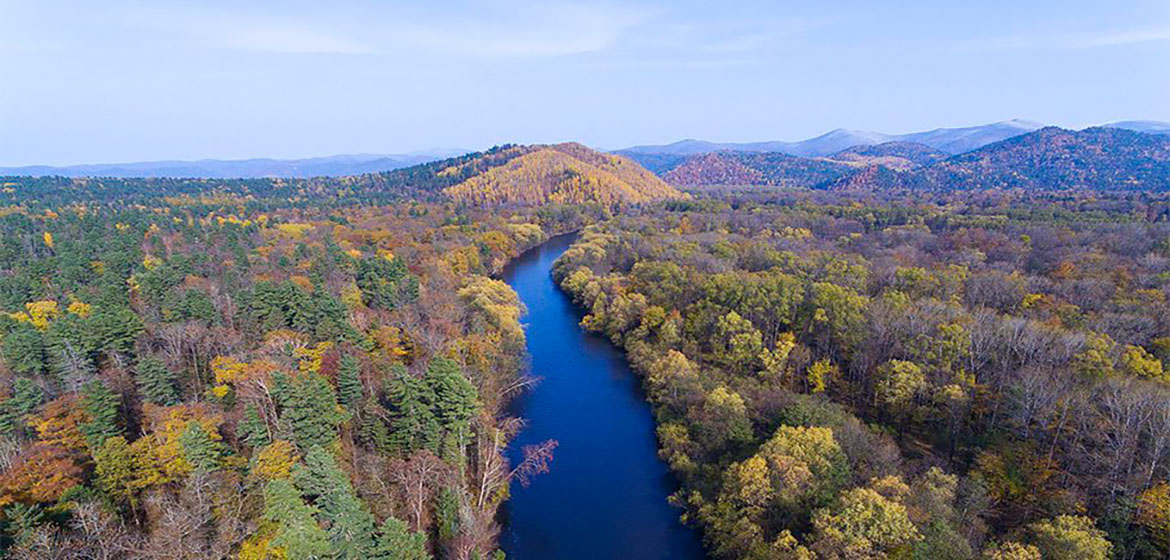In the Far East of Russia, the indigenous Udege people have for decades fought to protect their land with support from IWGIA. In July, their long struggle was finally rewarded as an area nearly four times the size of Yosemite National Park has been awarded World Heritage Status.
The 2nd of July 2018 is a day to be remembered for the indigenous Udege peoples (Forest Peoples) as it is the day where their home was finally given World Heritage Status by the UNESCO World Heritage Committee. An announcement that calls for a celebration.
“This is great and long-awaited news. We finally did it, after almost 30 years of fighting” explains Rodion Sulyandziga, a long-term partner of IWGIA and internationally known indigenous activist from the Bikin area.
A unique forest area with exceptional biodiversity
With the inclusion of the Bikin River Valley (1,160,469 ha) in the neighboring Sikhote-Alin Mountain UNESCO site, the total area now covers more than 1,56 million hectares. It contains one of the richest and most unusual temperate forests of the world. In this mixed zone between taiga and subtropics, southern species such as the tiger and Himalayan bear cohabit with northern species such as the brown bear and lynx. The site stretches from the peaks of Sikhote-Alin to the Sea of Japan and is important for the survival of many endangered species, including the Amur (Siberian) tiger.

As stewards of the area, the Udege people also deserve the main credit for the preservation of the area’s most famous emblem: The iconic Siberian Tiger, whom they hold in the highest esteem and who is treated as sacrosanct and symbol of life and taiga.
“The decision by the World Heritage Committee is an acknowledgment of the Udege’s persistent struggle to preserve their territory”, tells Julie Koch, IWGIA’s executive director, before she adds “It also shows the important role that indigenous peoples play in the protection of our planet’s biodiversity”.
A persistent effort to protect their home is finally rewarded
Ever since the late 80s, the Udege have struggled to protect their territory against clearcutting and poaching, often driven by the hunger for resources from neighboring China, South Korea, and Japan. As part of their strategy, they have been advocating for world heritage status for their territory since 1990, and their hope were high after the neighboring Sikhote-Alin mountain range was awarded World Heritage status in 2001. While doing so, they successfully fought off a Korean-Russian logging joint venture whose Korean side was Hyundai, and they won long-term user rights for non-timber forest products so they could generate income for their families in a sustainable manner.
Several attempts were made to establish a “Territory of Traditional Nature Resource Use”, which would have implied some degree of formalisation of their land rights. While these attempts were stalled and ultimately abandoned, the Udege succeeded in gaining significant guarantees based on co-management principles, when the Bikin National Park was established in their territory in 2015. More than 70 percent of the area is now reserved for the indigenous peoples’ exclusive use to pursue their traditional subsistence activities.

Source:
Related to SDG 10: Reduced inequalities and SDG 16: Peace, justice and strong institutions



